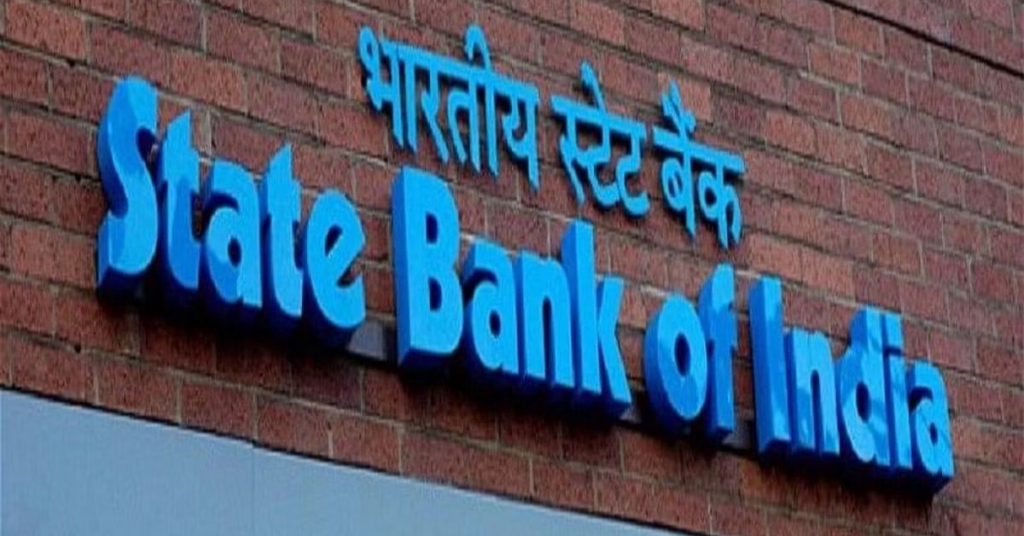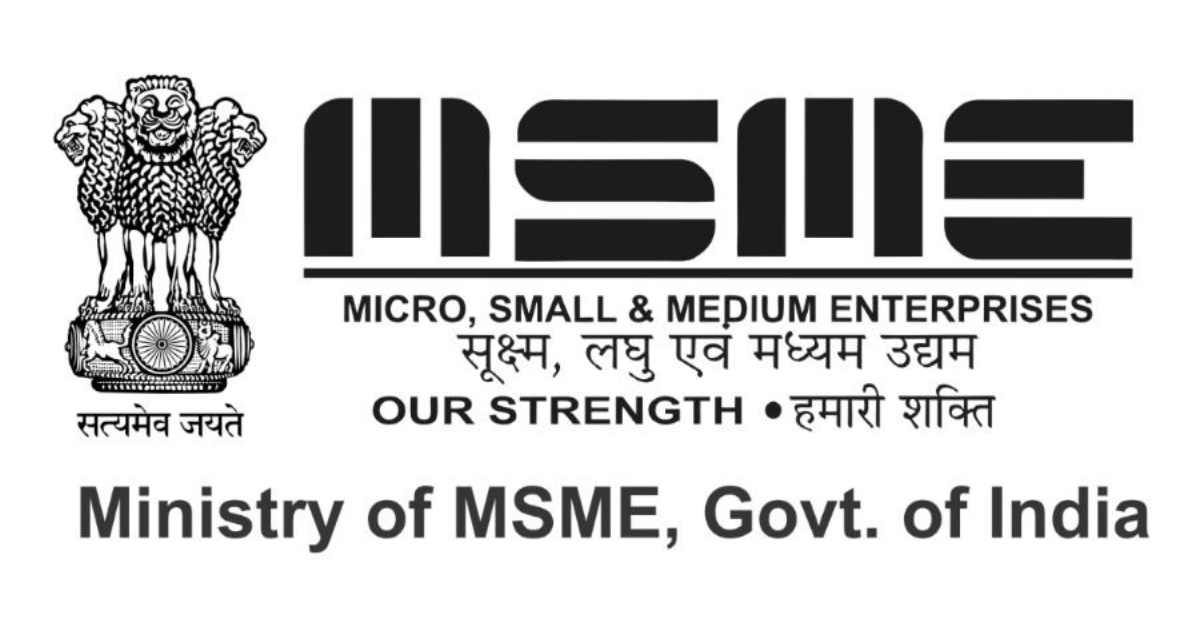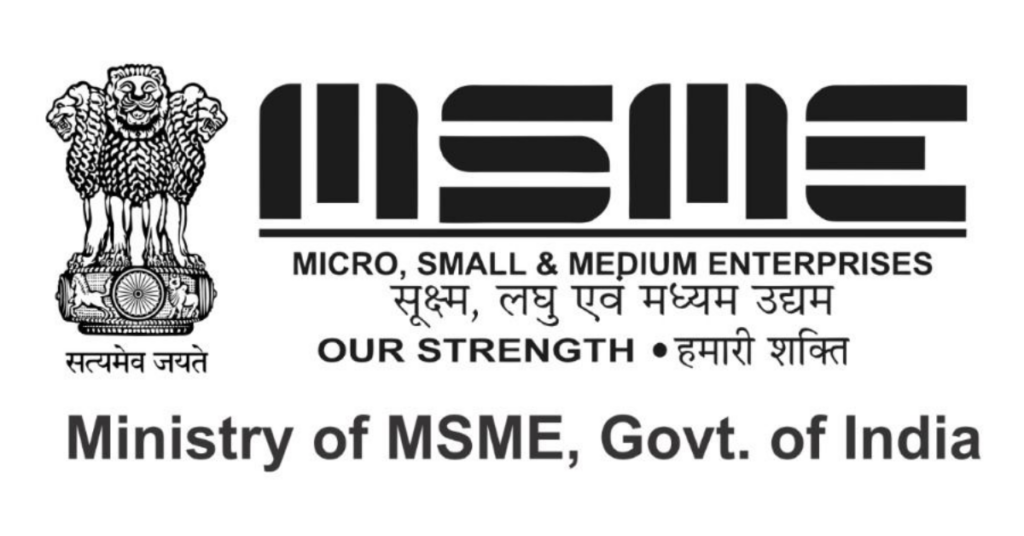
India-EU Trade Council Hosts EV Battery Recycling Startup Event
The India-European Union Trade and Technology Council (TTC) Working Group 2 organized a startup matchmaking event on June 20, 2024, featuring twelve high-impact solution providers in EV Battery Recycling Technologies. This event offered startups and SMEs an exclusive platform to pitch their innovative technologies, spanning the entire battery recycling value chain, from collection to valuable mineral extraction.
Participating Startups
The event featured twelve startups selected through a rigorous process based on scientific merit, market readiness, and cooperation prospects. The selected Indian startups included Lohum, LW3 Pvt Ltd., BatX Energies, Evergreen Lithium Recycling Pvt Ltd., Metastable Materials Pvt Ltd., and CENALL Waste Management LLP. The EU startups were Alterity, Ecomet Refining, Eneris, Primobius, RockTech, and Tozero.
Opening Remarks and Key Interventions
The matchmaking event began with opening remarks from H.E. Mr. Saurabh Kumar, Ambassador of India to Belgium, Luxembourg, and the EU, and H.E. Mr. Herve Delphin, Ambassador, Delegation of the European Union to India. They emphasized the importance of fostering innovation and cooperation in green technologies, particularly in the rapidly growing EV sector.
Key interventions were provided by Professor Ajay Kumar Sood, Principal Scientific Adviser to the Government of India, and Mr. Marc Lemaitre, Director-General for Research and Innovation at the European Commission.
Professor Ajay Kumar Sood highlighted the benefits of the exchange trip for selected startups, stating, “This matchmaking event today brings together the best talents and technologies in the battery recycling space on both sides, giving them an exclusive platform for exchange, networking, and prospective investments.”
Mr. Marc Lemaitre emphasized the significance of innovation in the EU-India partnership, noting, “Every step towards advanced battery recycling is a significant carbon win for our environment. This matchmaking event is such a step by bringing together innovative startups from both regions that want to scale up green solutions under the umbrella of the EU-India Trade and Technology Council.”
Additional Attendees
The event was also attended by Dr. Parvinder Maini, Scientific Secretary, Office of PSA, Mr. Sukumar Mishra, Director, IIT (ISM) Dhanbad, and Mr. Karthick Athmanathan, Honorary PSA Fellow.
Next Steps
As a follow-up, three startups from India and three from the EU will be awarded a week-long market immersion experience in the respective regions. During this visit, the selected companies will engage with interested stakeholders, explore potential collaborations, and gain insights into the local market landscape. This initiative presents opportunities for establishing pilot projects, commercial ventures, and co-development initiatives, fostering a robust innovation ecosystem in EV battery recycling.

















